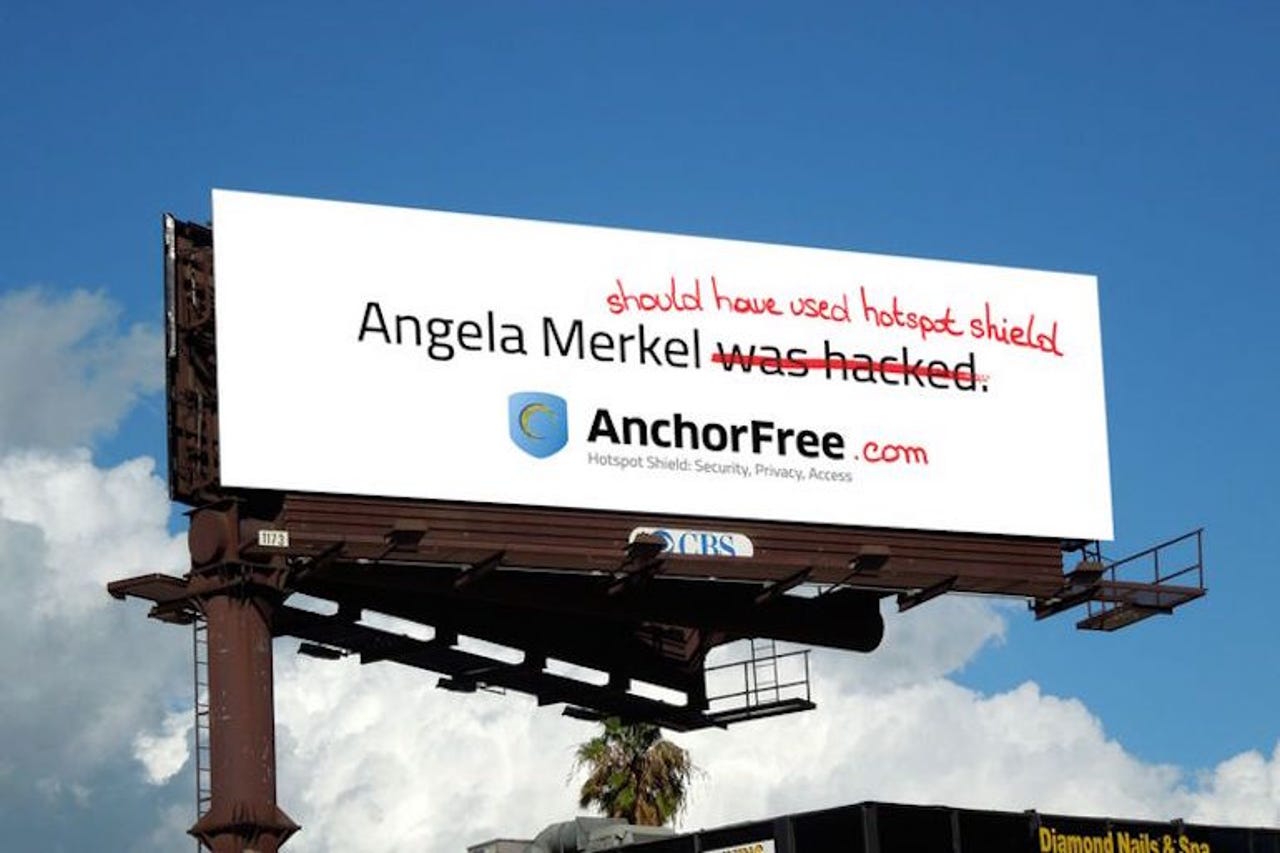Hotspot Shield co-founder explains why he doesn't want your data


NEW YORK -- David Gorodyansky doesn't know who you are.
In any real-world encounter, you would be right to take offence. But he runs one of the world's biggest free services, Hotspot Shield, an app for desktops and smartphones that allows users across the world to bypass state censorship filters.
As he described it in an hour-long interview in mid-December: the less he knows about you, the better.
"We encrypt all the data, and we throw away your IP address," said Gorodyansky. "We don't store it, we don't log it, and we assign an IP address to you, and so your location and all your data is encrypted."
Because his company doesn't make money from selling its customers' data, like most ad-driven search engines or social networking sites, collecting it the first place is a wasted effort.
Hotspot Shield is used by more than 400 million people around the world, including some of the most reclusive nations which remain hostile towards online freedoms and human rights. The app helps its users to bypass state censorship by encrypting and tunnelling a user's internet traffic through servers it owns outside of their country. The free version of the app defaults to the US, which offers considerably more access than, for instance, some Middle Eastern nations.
As a strong proponent of privacy, Gorodynasky's work seems to fall within a narrow set of principles. He sees privacy as a matter of fact, a human right, which everyone should have but not everyone can afford. In his world view, privacy is the "same for everyone," regardless of nationality, wealth, or status.
But in order to give a user control over their privacy, it's "the user versus everyone else," he said.
It was a driving force in the early days behind the company's philosophy to not collect any identifiable data on its users, because the user has to be protected from everyone -- including the company itself.
In taking that "zero knowledge" approach, the company can't be forced by a government to turn over data it doesn't have.
The company's size, scale, and customer base has made it a target, including by foreign governments that have blocked access to the company's website, and by the authorities at home.
"Yes, we get requests for information, just like Google and Twitter, and so on," said Gorodyansky.
"Our conversations in response to them are simpler because our response is the same," he said. "We don't log anything, and that's just the end of it."